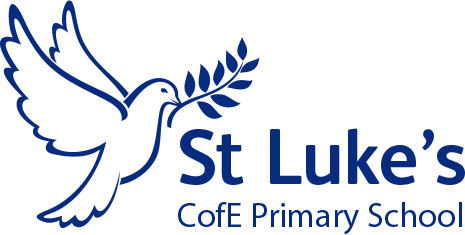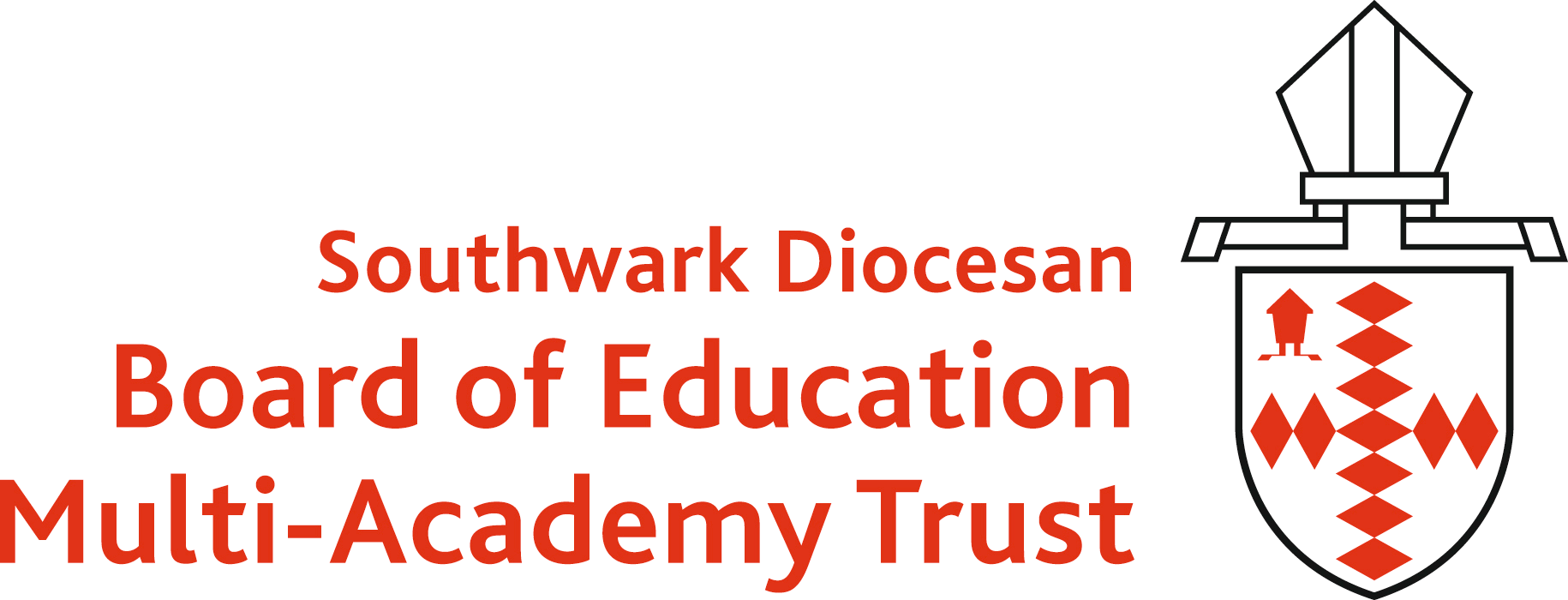Curriculum Overview - Reception
At St Luke's, we believe that happiness is essential to effective learning and development, and that children should grow to love learning and school.
The Curriculum for Early Years Foundation Stage Children
The Early Years Foundation Stage (EYFS) starts at birth and continues until the end of the Reception year – from birth to five. There are four themes of the EYFS, which are
- Every child is a unique child, who is constantly learning and can be resilient, capable, confident and self-assured
- Children learn to be strong and independent through positive relationships
- Children learn and develop well in enabling environments, in which their experiences respond to their individual needs and there is a strong partnership between practitioners and parents and/or carers
- Children develop and learn in different ways and at different rates. The framework covers the education and care of all children in early years provision, including children with special educational needs and disabilities.
Characteristics of effective learning
The three characteristics of effective learning comprise playing and exploring, active learning and creating and thinking critically. The characteristics describe the different ways children learn rather than what they learn. They begin at birth and are lifelong characteristics which are critical for building children’s capacity for future learning. These characteristics need to be understood by practitioners working across all seven areas of learning.
The Areas of Learning and Development
Within the Early Years Foundation Stage there are seven areas of learning and development. All areas are important and inter-connected.
The prime areas are:
Communication and language development involves giving children
opportunities to experience a rich language environment; to develop their
confidence and skills in expressing themselves; and to speak and listen in a
range of situations.
Physical development involves providing opportunities for young children to be active and interactive; and to develop their co-ordination, control, and
movement. Children must also be helped to understand the importance of
physical activity, and to make healthy choices in relation to food.
Personal, social and emotional development involves helping children to
develop a positive sense of themselves, and others; to form positive
relationships and develop respect for others; to develop social skills and learn
how to manage their feelings; to understand appropriate behaviour in groups;
and to have confidence in their own abilities.
The specific areas are:
Literacy development involves encouraging children to link sounds and letters and to begin to read and write. Children will be given access to a wide range of reading materials (books, poems, and other written materials) to ignite their interest.
Mathematics involves providing children with opportunities to develop and
improve their skills in counting, understanding and using numbers, calculating
simple addition and subtraction problems; and to describe shapes, spaces, and measures.
Understanding the world involves guiding children to make sense of their
physical world and their community through opportunities to explore, observe
and find out about people, places, technology and the environment.
Expressive arts and design involves enabling children to explore and play with a wide range of media and materials, as well as providing opportunities and encouragement for sharing their thoughts, ideas and feelings through a variety of activities in art, music, movement, dance, role-play, and design and
technology.
Taken from The Statutory Framework for the Early Years Foundation Stage
Published March 2014 Effective September 2014




